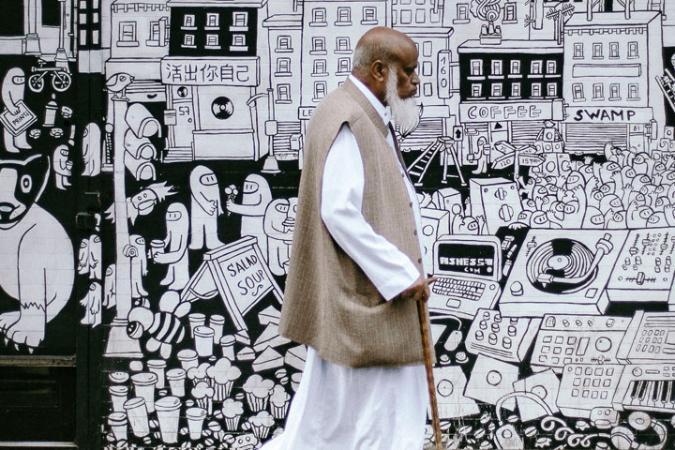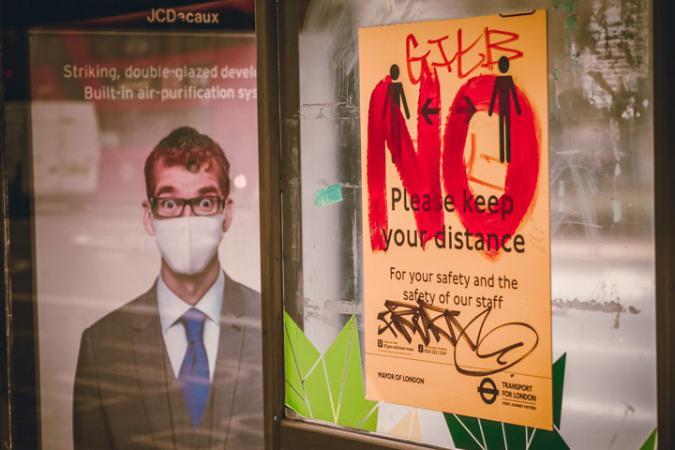Departmental research in this area investigates practice and theory in social justice, equalities, diversities. The aim is to enrich and promote equality within communities on a local and global level.
Research at the Department of Sociology and Criminology
Leading diversity research
As a division, Sociology and Criminology strives to foster an inclusive and diverse research environment. Therefore, our research themes encapsulate current social and criminological concerns, with the aim to promote research activity that contributes to both, policy change and innovating theoretical knowledge.
‘Diversity’ is the watchword of research in Sociology and Criminology, we have a wide-ranging set of colleagues with kaleidoscopic research interests. On the one hand, we have colleagues whose research focuses on traditional facets of Sociology and Criminology, such as race, non-heterosexual or gender fluid identities, policing, eye-witness testimony, education and health policies. On the other hand, some explore the multidisciplinary nature of Sociology and Criminology, for example, multi-cultural identity formation, cyberpsychology, philosophical underpinnings of social cognition, and history.
A core ethos for our department is research-led teaching, and our eclectic research interests enrich the teaching that we deliver to our students.
Our research themes are:
- Inequalities and the Promotion of Just Societies
- Identity, Culture and Society
- Health and Policy
- Politics and History
Departmental research in this area innovates current research on the diversity of culture(s) within contemporary society, the drive is to explore the reciprocal relationship between culture, society, and the individual.
Departmental research in this area is interdisciplinary and addresses a number of areas from a policy-relevant perspectives. The aim is for our research to critically consider and positively impact policy developments.
Departmental research in this area critically explores global historical events, recognising how contemporary societies can learn from it in terms of understanding cultures conflicts and political authority.




